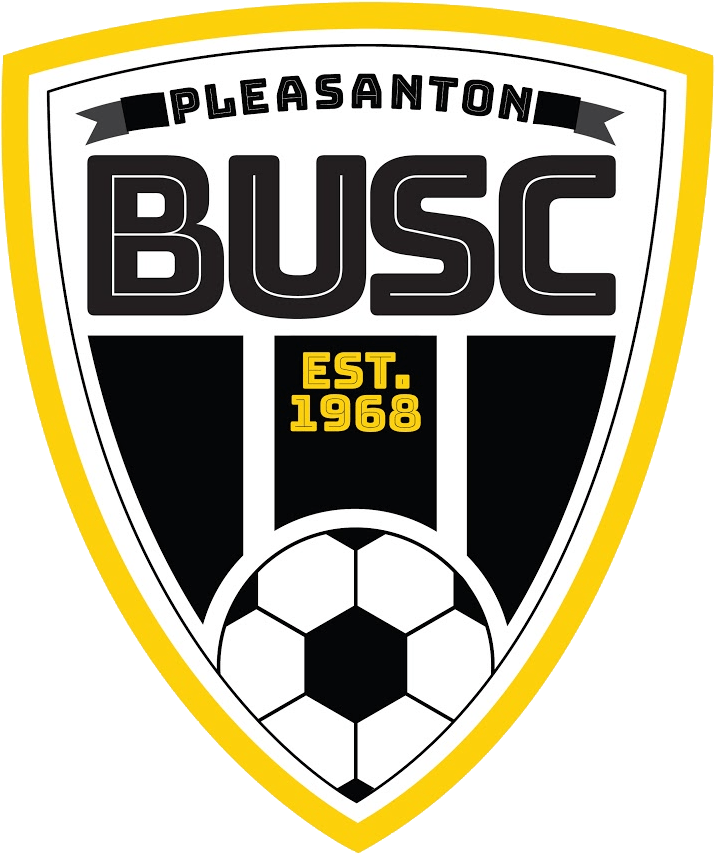By Dennis Miller
I have been around youth and high school athletics for over 45 years now in a variety of positions, with the vast majority coming as a journalist.
Of all the issues surrounding athletics, the number one problem is the verbal abuse of referees. It doesn’t matter what sport, as it is something I have seen in all team sports, ranging from youth through high school.
I have seen parents come out of the stands at a middle school basketball game and seen parents chase down referees in the parking lot following a high school game.
Complicating the problems is, while it is the biggest problem, it is also one of the toughest to fix. Parents or coaches in many cases don’t realize they are the problem, thus preventing the issue from being fixed.
It is now hitting home for the Ballistic United Soccer Club, as the pool of referees is dwindling with no positive direction in site.
“We have a ref shortage,” said Samantha Moos, a former professional referee who now is involved with assigning and finding referees at several levels in Northern California. “(Referee abuse) is a big part of it. I sent out a survey as to why referees have left, and abuse was No. 1.”
Among the responsibilities Moos carries is assigning all the referees for the MLSNext program in youth soccer, as well as all the high school games for high school soccer in the Sac Joaquin Section.
She is also working with the California Youth Soccer Association on the “Game Day Facilitator Program.” While people that come out of the program are not licensed referees, they are able to help with small sided or recreational games.
These are spots that were previously filled by youth soccer players – for instance a 14-year-old officiating 6–9-year-old games. That pool is almost extinct, and verbal abuse is at the forefront.
“It is scary and sad,” commented Moos on youth officials getting harassed. “You have adults that are abusing minors – and that’s what it is – abuse. The kids go home upset and don’t want to do it anymore.”
And that is killing the pool of referees.
“We have a 50 percent turnover rate for officials,” said Moos.
Moos, being a referee, has seen and dealt with it firsthand.
“When I ref, I don’t put up with it,” said Moos of the abuse. “I will call them out right away.”
While that may be easy for a veteran official, the same can’t be said for a young, inexperienced referee. Some organizations have made dealing with ref abuse part of the curriculum for their training courses.
“Even when ref abuse is not part of the U.S. Soccer curriculum, we try to teach them how to deal with it,” said Moos. “But teaching them that still doesn’t eliminate the fear.”
So, where does a possible solution lie?
The toughest part in dealing with abusive parents is that most of them don’t realize they are the problem.
I have personally had parents I was specifically writing about, come up to me and talk about why these people act that way.
When I tell them I was talking about them, once they get over their initial surprise, they take a deep look at their behavior, with nearly every single person changing how they act.
Moos sees the same thing.
“It’s like, “Oh it could never be me’,” said Moos.
But the problem is far bigger than the parents.
“A lot of time it’s the coaches that are the biggest problem,” said Moos. “I don’t think the clubs overall are doing enough. There are some clubs that are stepping up and doing stuff, but not enough that are.”
Moos mentioned that one club has put arm bands on youth refs to identify them as such.
I have always felt videotaping such individuals may be one course of action. While Moos agrees that would be great, she sees operational issues.
“I like it but who would take on the reviewing of the tape,” said Moos.
Ballistic United is one club being proactive with the issue.
“We call it ‘sideline behavior’,” said Ballistic executive director Kevin Crow. “We have a partnership with a USYS very well-respected company called Soccer Parenting Resource. We have begun to target the younger ages thinking that if they learn good habits now it will benefit their experience as well as their sons throughout their playing days.”
It is an in-depth program and one well worth the time.
“There is a 15-minute video program we encourage these parents to go through,” said Crow. “You should take it, so you have hands-on experience of messaging and value. They get a ‘certificate of competition’ when done. Last year we had about 100 families take it.”
In addition, an e-mail was recently sent out to all U-5 to U-12 rec parents about conduct at the fields,
In the end, this might be a problem where there is no easy, or even no solution. But given the alternative, we all need to try.
“History shows there is no chance until something drastic happens,” said Moos. “It might take games getting canceled until something is done.”
